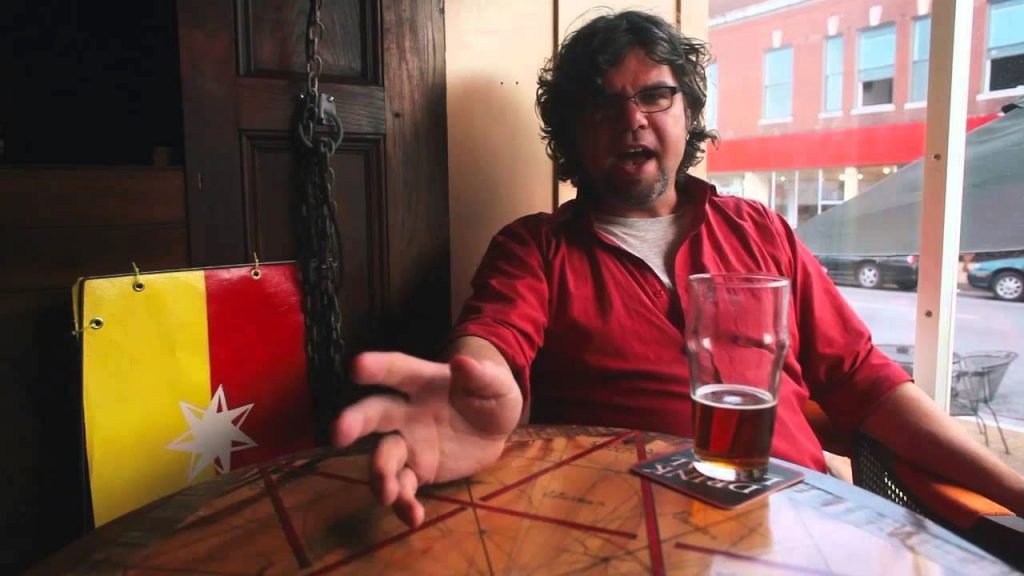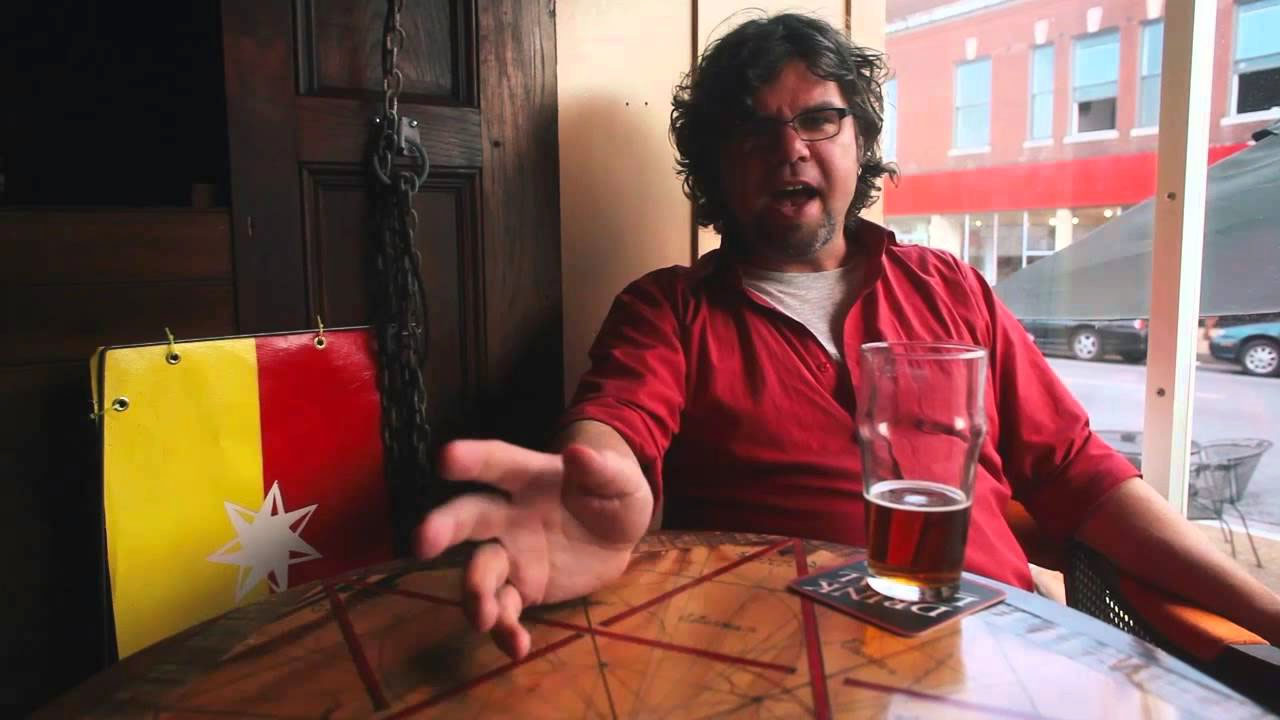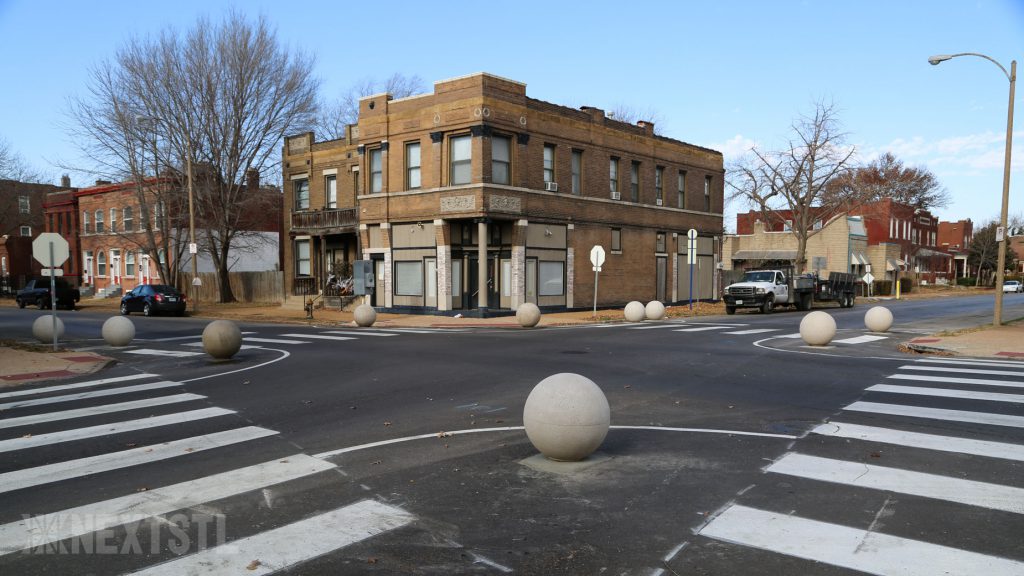Sometime in a past life, like, a good 20 years ago, I got fixated with the idea of running for Alderman. At the time, I was living a few blocks west of Uncle Bill’s, in a sleepy, safe, slightly-boring corner of South City. We were represented by an Alderman who was a stylistic bridge to the old-school of governance, a former policeman who was comfortable working the room at boxing matches and school picnics; a pol who was interested in the nuts-and-bolts of constituent service, but who didn’t exactly inspire the idea that he was ready to move the city forward in substantive, reformative ways.

And, so, young and impetuous, I called together a group of civically-engaged friends, all of us cramming into the front room of my modest, shotgun-style duplex on Parker. Once the meeting commenced, these friends did what friends sometimes need to do: they popped every idea balloon I floated, they (sorta-)gently pointed out gaps in my knowledge of the BoA, they pretty much talked me out of the run within a two-hour timespan that felt at least twice as long.
It was brutal. And I’m glad it happened, as a major mistake in life was avoided: I could’ve lost, which would’ve stung; or I could’ve won, which would’ve been so, so much worse.
A few years later, I helped out on the campaign of an insurgent candidate who came into his own campaign with name recognition and a ton of community goodwill, but also a degree of baggage, from efforts that butted up against the more-conservative, law-and-order vibes of the ward’s longtime, incumbent Alderman. To help, some of us put together a mock neighborhood meeting, in which he’d be asked questions by an audience hostile to some of his, um, “free-spirited” tendencies. In effect, we were trying to prep him for the weirdnesses of an actual neighborhood meeting debate.
The idea was solid, but the execution was too tough.
For whatever reason, the curated audience really got into character, a group of strangers who suddenly were united in brutalizing our own candidate with a series of pointed, zinging, comments and questions. By the end of an hour, he looked like I must’ve a few years prior: a bit pale, a touch angry, a lot concerned about what the hell he’d gotten himself into. Unlike me, he pushed forward and almost pulled off an upset, in a ward known for traditionally low-turnout numbers (which, yes, held true, despite a wildly-interesting pair of candidates).
Late last month news emerged that the City’s 8th Ward Alderman, Steven Conway, was giving up his seat (and well as a longstanding, outside-office relationship with the Imo’s pizza chain) to take on the role of City Assessor. Immediately, social media lit up with theories about who’d run, the horse race starting without the names of even a single horse. By a day later, a few names popped up as contenders, a few were shot down, a few – like mine, via some silly people – were jokingly presented. A day, or two, later, names began to take on more shape, with primary contenders emerging in the Ward’s Democratic Committeepersons Annie Rice and Paul Fehler, who was nominated this week by the Democratic Central Committee as the Democratic candidate.
If it was once a passing fancy, the idea of running for Alderperson at this point in life seems crazy to me. These days, I know at least a handful of these 28-plus-1 officeholders pretty well, a few more casually and, in every case, I wonder why such smart individuals put themselves through all this. Social media’s a big part of that, of course; we’re a culture happy to offer solutions to problems we didn’t know existed a few hours prior, often shipping off our wisdom from the comforts of bed, or from behind a wheel, or from the safety of a barstool.
The takeaway of all that feedback: our expectations seem so massive!
To be an Alderperson, you have to have, if not expertise, at least a working knowledge in a host of fields. Business development. Finance. Law. Policing. Engineering. Occasional forays into very specific corners of knowledge, like urban agriculture or the best practices of cannabis usage.
Theoretically, you’re also supposed to attend every meaningful meeting in your ward, while never slipping up on social media; all while, you’re negotiating both the arcane rules of your legislative body and the even-trickier social norms that come with the job. At some point, you’re also a member of a political party and need to pay homage to that entity, too. And while some Alders still focus on the meat-and-potatoes stuff of constituent service, others have a bent to make wider, societal points within the context of what can largely be a make-it-what-you-want office.
And while these bigger-picture conversations cause debates, it’s amazing to see how something at the end of your block can still arise the biggest amount of passion in citizens.
Recently, the Alderman of my business’ ward added a traffic calming measure, in a neighborhood that desperately needs some/any type of solution to that problem. The arrival of a series of spherical traffic calmers in multiple Tower Grove East intersections brought out the inner-transportation engineer in all who saw them. Months of planning and conversations at (official and unofficial) meetings were held, but it was the actual, physical arrival of the spheres that set off the quick-burning debates on social media, birthing a 1,000 bad puns/ball jokes along the way.
In real life, a recent neighborhood meeting in TGE featured two, impassioned conversations: one dealt with those spheres; and, interestingly, fireworks on New Year’s Eve also brought on quite the discussion. The other stuff all slotted in behind those, at least in terms of emotion.
In the middle of the meeting, the neighborhood’s Alders, including a momentarily-choked-up Conway, were fighting the democratic fight, taking the praise and the criticisms, offering ideas and answers, dealing with the thorns of human interaction. In some moments you can see the office as a true, noble profession, based in a notion of service to community.


